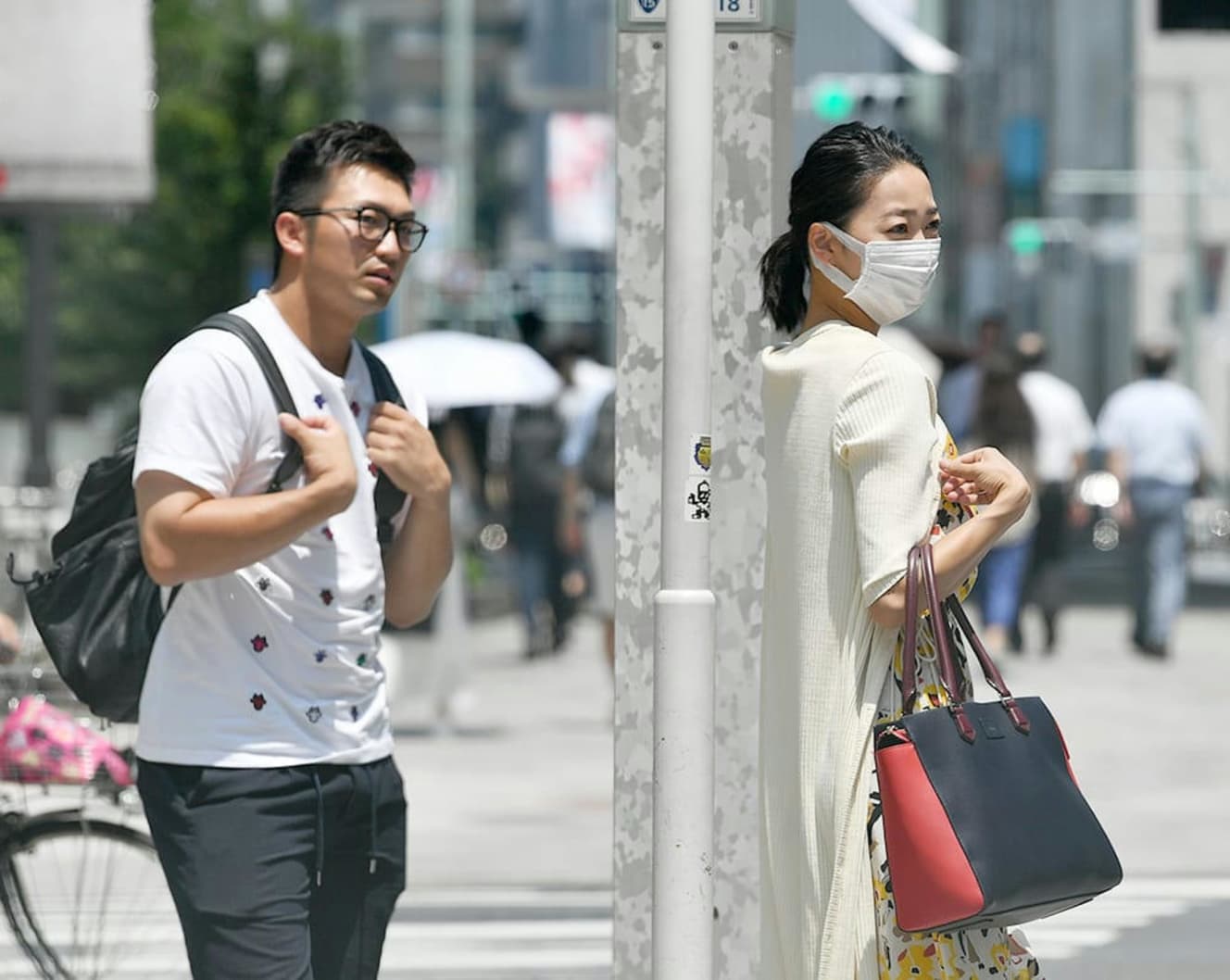Seiya Suzuki, acclaimed by the majors as the best star, “a surprising local concern”.

Japanese superstar.
Chicago’s savior.
The local Chicago media is raving about Seiya Suzuki, 27, who signed with the Cubs for $85 million over five years, the highest price ever paid for a Japanese rookie fielder. The team is also said to be treating him with the highest level of respect.
During the negotiation stage, owner Tom Ricketts and team executives, including manager David Ross, went out of their way to visit Suzuki directly in Los Angeles, where he was staying. Moreover, they made reservations not at their office but at a high-class Japanese restaurant so that Suzuki could relax.
The contract includes a condition that Suzuki can refuse to be traded until the end of next season even if his performance is poor. It is a given that he will have a dedicated interpreter and trainer. He will also be provided with a first-class round-trip ticket for flights between Japan and the United States.
This may be a sign of respect for Suzuki, who was assigned the No. 4 spot in the “Samurai Japan” team for the Tokyo Olympics and twice won the top batting title as Hiroshima’s main gun. The highest level of recognition is also influenced by the presence of a Japanese player who became a hero in Major League Baseball last season.
Shohei Ohtani of the Angels won the MVP award last season. For a long time in the Majors, Japanese fielders were thought to lack the ability to hit long balls. However, Otani hit 46 home runs, the second most in both leagues, and suddenly the Japanese hitter’s stock rose. Suzuki, who hits around 30 homers every year, is considered capable of hitting in the cleanup lineup in the majors as well,” said a writer in the United States.
What was Fukudome’s objection?
Despite the praise, there are some concerns.
He is a right-handed hitter. All of the fielders who have been successful in the majors, such as Otani, Hideki Matsui, and Ichiro, have batted left-handed. No Japanese right-handed fielder has ever done a good job of convincing everyone. Both Shihito Iguchi and Kenji Johjima’s performance in the majors is unsatisfactory considering their achievements in Japan. Suzuki, who has trouble with moving fastballs that move in his hands and hits right-handed, may not be able to hit the ball easily.
The fact that he can barely speak English is another cause for concern. Matsui and Ohtani tried to communicate with their leaders and colleagues in English as much as possible, and even when they were in a slump, they were looked at warmly within the team. If you cannot speak English, your presence may float away. It is even worse if you have a high reputation but are completely useless when you open the door. Suzuki’s character is simple and serious. I hope he doesn’t isolate himself from the Major League players because he doesn’t fit into their circle. ……
It is not only baseball skills and English language ability that should be noted. There is also an element of uneasiness in the hometown of Chicago. Sports journalist Nachi Tomonari, who is well versed in the Major League Baseball, tells us
They are called ‘bleacher bums,'” said Nachi Tomonari, a sports journalist and expert on Major League Baseball. Their fervor is even greater than Hanshin fans in Japan. They hurl relentless criticism from the stands at any player who is not performing well. Ace Zambrano, who was with the team until 2011, provoked the fans in the stands by yelling at him. He was forced to apologize.
Japanese players are also harsh: Kosuke Fukudome (now of Chunichi), who was with the team for four years from 2008, was not good, with a batting average in the mid-20% range, despite high expectations. When the trade to the Reds was finalized, there was a sarcastic announcement at the airport. Mr. Kowske. You have been assigned to the Cincinnati Reds. Please proceed quickly to the boarding gate. I think that because of his high reputation, if he doesn’t produce any results, the criticism of Suzuki will be quite strong.
For now, Suzuki is being welcomed with open arms in his hometown. Whether the fans’ cheers will continue throughout the season seems to depend on his bat.
Photographed by: Takahiro Kagawa